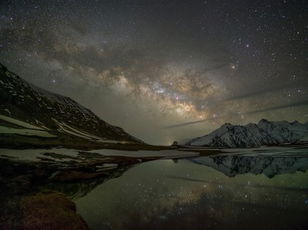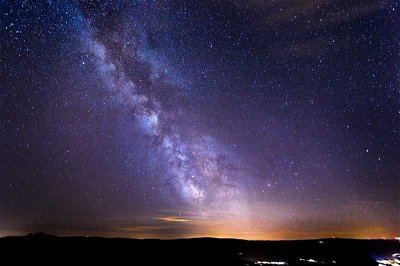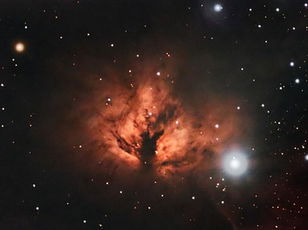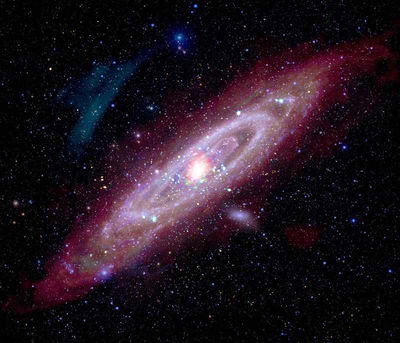 = Top 5% Rated Quiz,
= Top 5% Rated Quiz,
 Top 10% Rated Quiz,
Top 10% Rated Quiz,
 Top 20% Rated Quiz,
Top 20% Rated Quiz,
 A Well Rated Quiz
A Well Rated Quiz
 =
added recently,
=
added recently,  = Editor's Pick
= Editor's Pick
 = FunTrivia Editor
= FunTrivia Editor  = Gold Member
Teachers / educators
= Gold Member
Teachers / educators: FunTrivia welcomes the use of our website and quizzes in the classroom as a teaching aid or for preparing and testing students. See our
education section. Our quizzes are printable and may be used as question sheets by k-12 teachers, parents, and home schoolers.
· All questions, answers, and quiz content on this website is copyright FunTrivia, Inc and may not be reproduced without permission. Any images from TV shows and movies are copyright their studios, and are being used under "fair use" for commentary and education.


 Looking up to the skies enables us to see various astronomical phenomena. How many can you recognise just by looking at a photo? This quiz will let you find out.
Looking up to the skies enables us to see various astronomical phenomena. How many can you recognise just by looking at a photo? This quiz will let you find out. 
 There are hundreds of billions of galaxies in our universe. They vary in shapes, size, and distance from Earth. Match the name of the galaxy to its photo and learn a bit more about just a fraction of these fascinating systems.
There are hundreds of billions of galaxies in our universe. They vary in shapes, size, and distance from Earth. Match the name of the galaxy to its photo and learn a bit more about just a fraction of these fascinating systems.  Quick Question
Quick Question = Top 5% Rated Quiz,
= Top 5% Rated Quiz,
 Top 10% Rated Quiz,
Top 10% Rated Quiz,
 Top 20% Rated Quiz,
Top 20% Rated Quiz,
 A Well Rated Quiz
A Well Rated Quiz